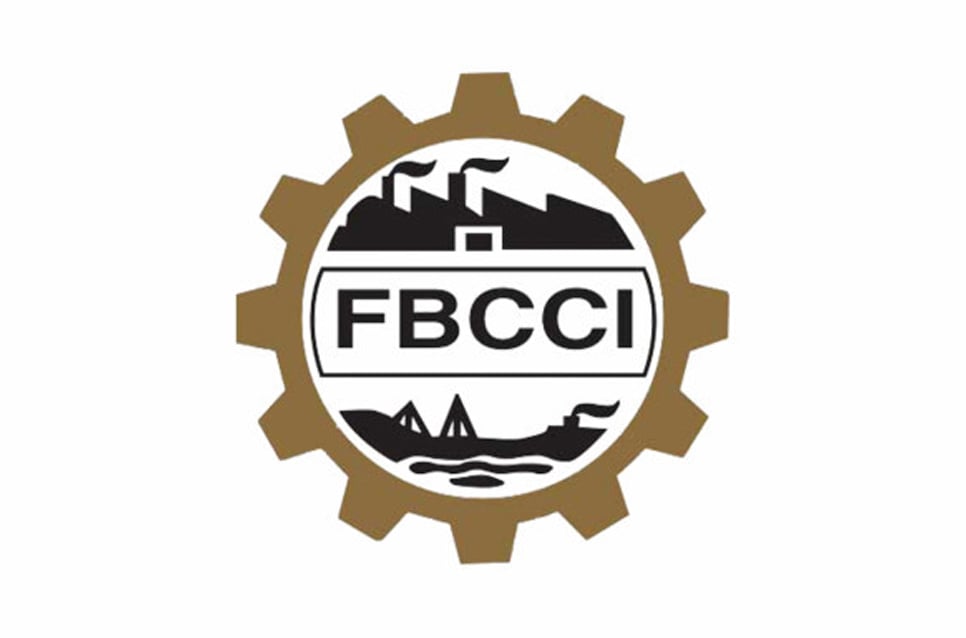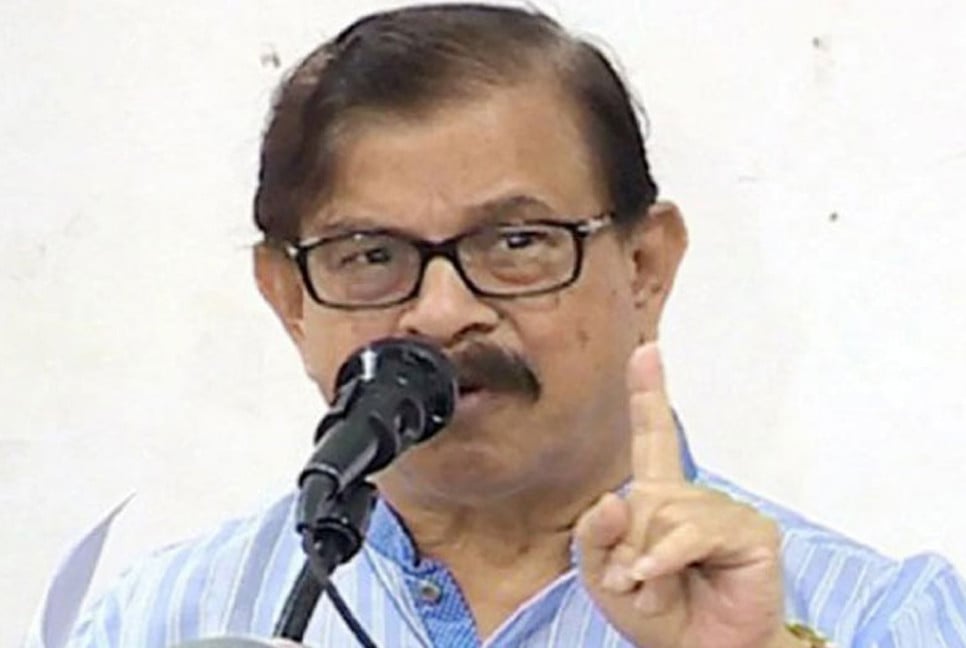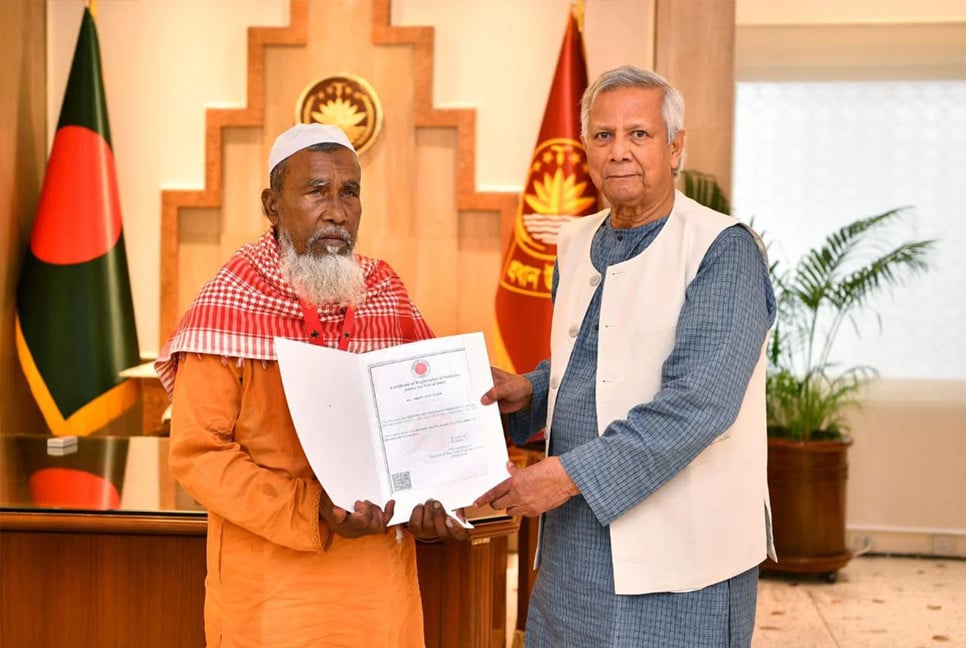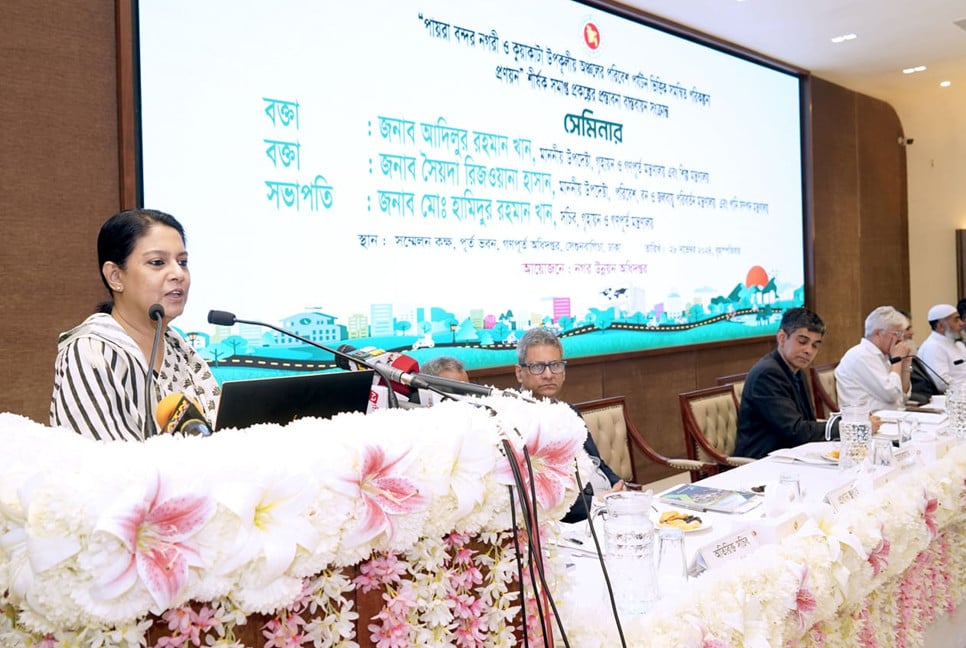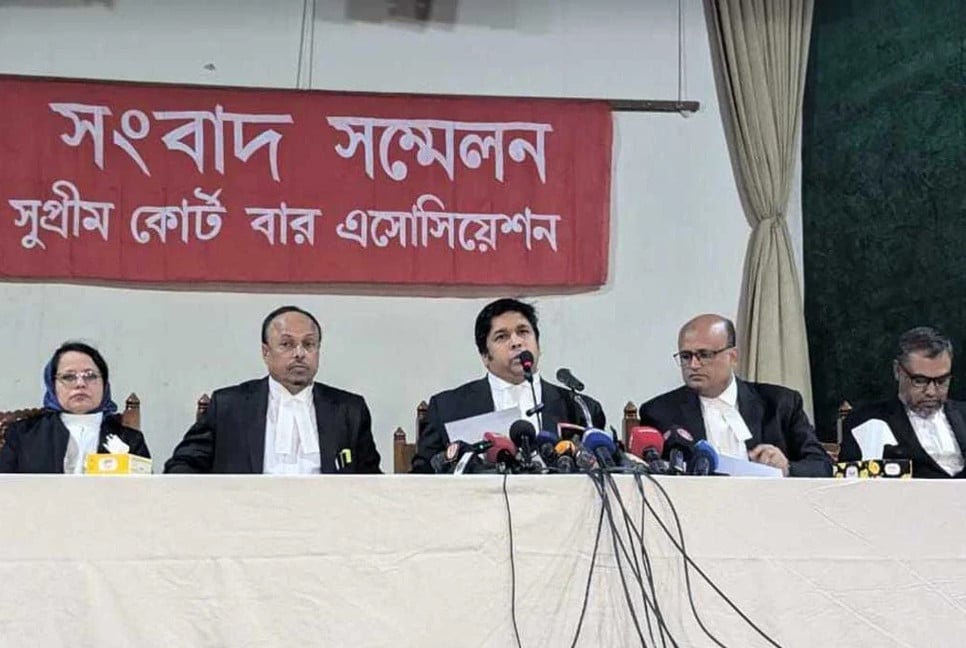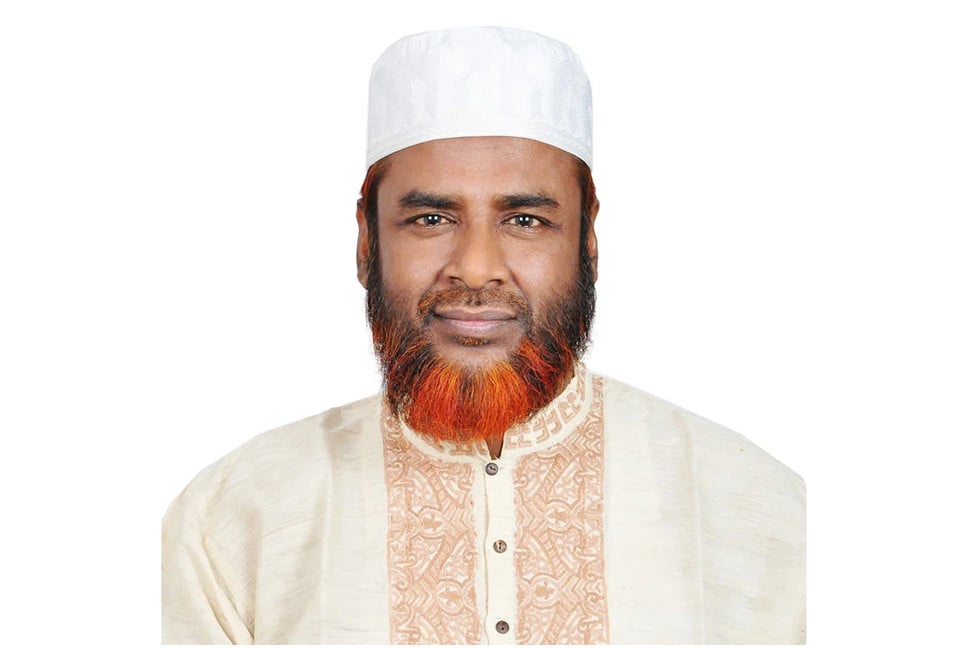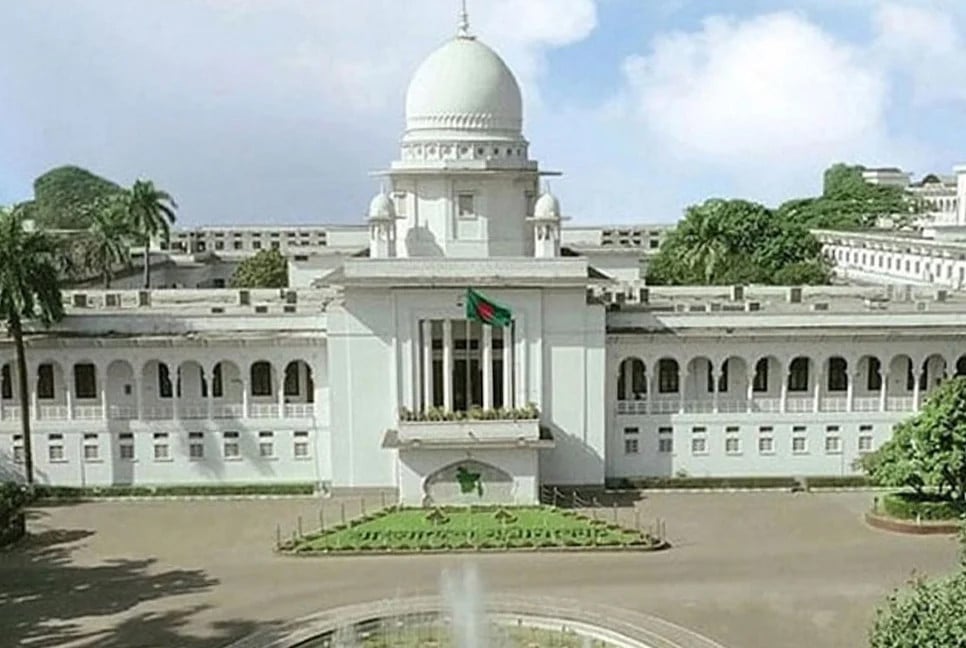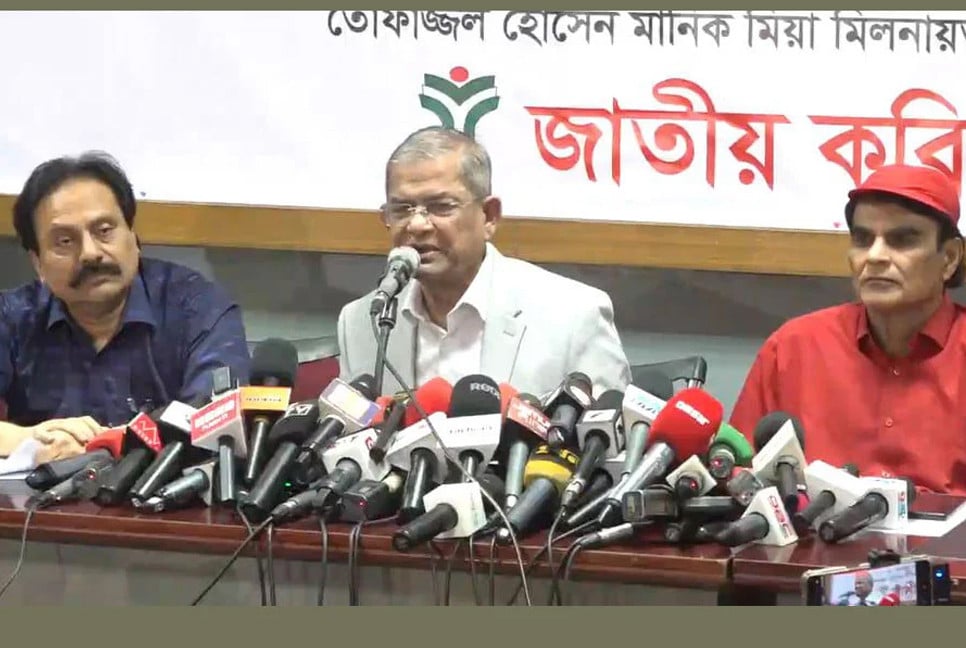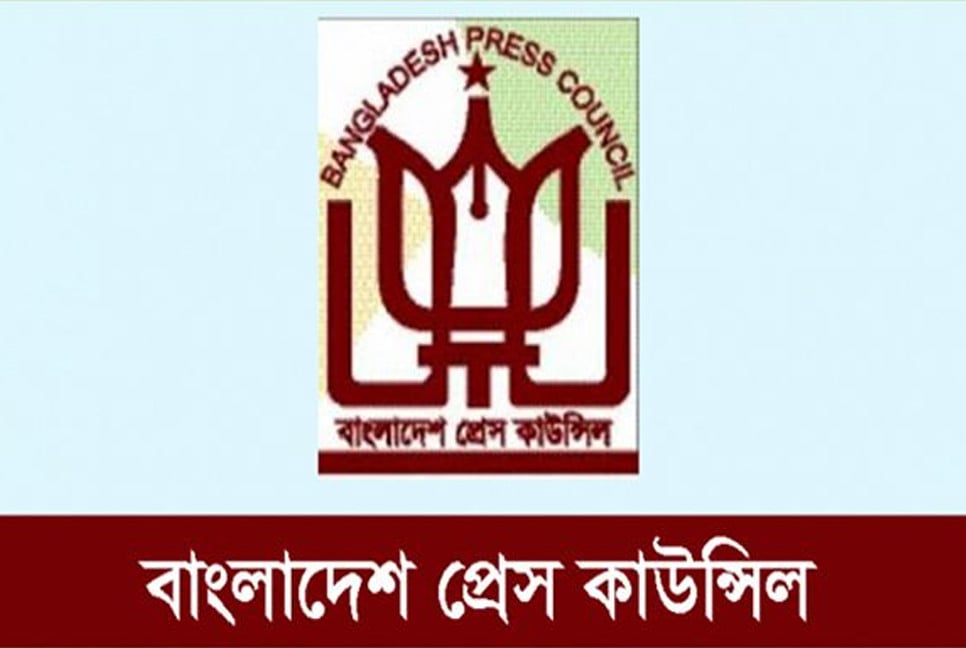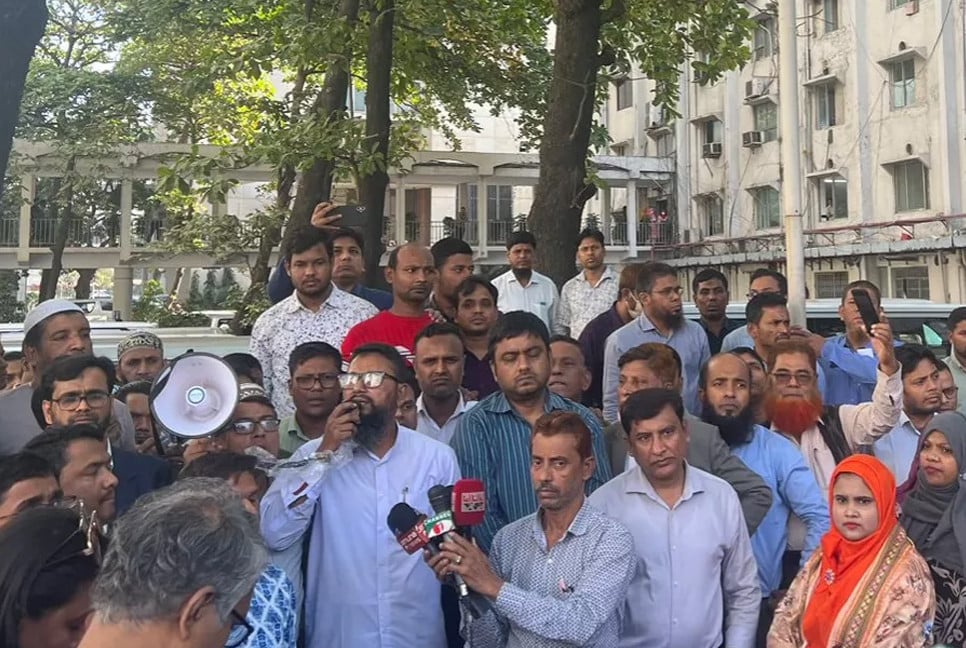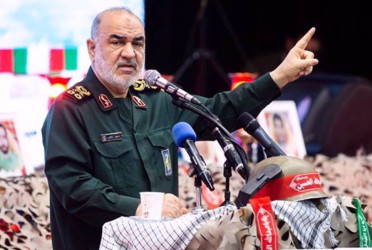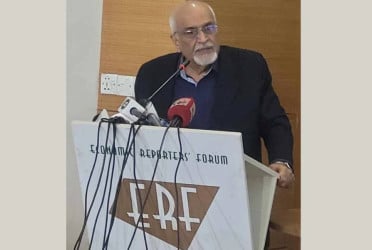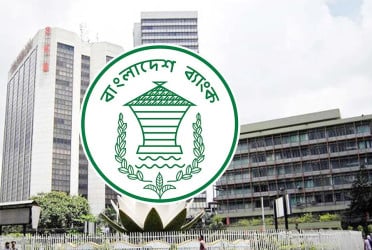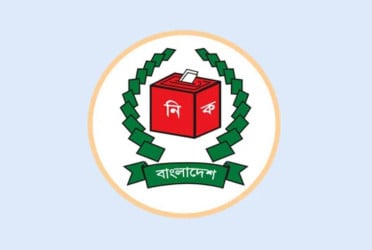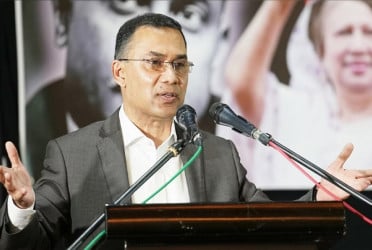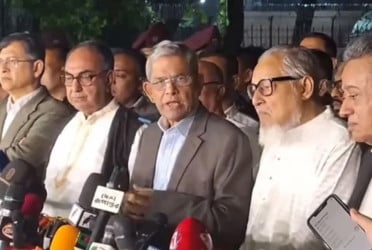The Federation of Bangladesh Chambers of Commerce and Industries (FBCCI) has observed that the size of the proposed budget for the fiscal 2023-24 (FY24) is realistic, reports BSS.
"In the current scenario, this size of the budget is not unrealistic for implementing the government's commitment by meeting the needs and aspirations of the people. Along with the growth of the infrastructure of the country's economy, the size of the budget is also increasing every year," said FBCCI President Md Jashim Uddin at a post-budget media conference at FBCCI conference room in the city.
FBCCI organised the media briefing to share its reactions on the Taka 7,61,785 crore proposed national budget for fiscal year 2023-24 beginning from July.
Finance Minister AHM Mustafa Kamal on Thursday placed the national budget in the Jatiya Sangsad eyeing a 7.5 percent GDP growth rate with an expectation of keeping annual inflation at around 6.0 percent.
Greeting the Prime Minister for the rare achievement of giving the 15th consecutive national budget, Md Jashim Uddin said the government has set targets to achieve the Sustainable Development Goals (SDGs) by 2030 and become a developed country by 2041.
"For achieving the goals, the size of the country's economy will naturally increase and therefore, the size of the country's budget will also increase. The budget size in the fiscal 2007-08 (FY08) was Taka 79,614 crore. But in FY24, the size of budget has increased by nine and a half times from FY08 to Taka 7,61,785 crore. The proposed budget is 12.34 percent higher than the current budget," he added.
Md Jashim Uddin, however, expressed concerns about the challenges associated with attaining the revenue target.
"The target of revenue collection has been fixed at Taka 5,00,000 crore. Out of that, the tax revenue will be 4.5 lakh crore. Out of this, National Board of Revenue's share is Taka 4.30 lakh crore. Other revenue is 70 thousand crore," he mentioned.
He said, "Collecting this huge revenue is a big challenge for the government. Already, the country's macroeconomic indicators and the revenue collection process are under pressure due to the difficult situation prevailing worldwide. In this situation, the shortfall in revenue collection in the first ten months of the current fiscal is about Tk 35 thousand crore."
He stressed the importance of capacity building within the NBR to increase revenue earnings.
Jashim Uddin identified some challenges in the economy in implementing the budget.
The challenges includes improvement in overall inflation rate, balance of trade situation, stabilization of foreign currency exchange rate, increase in reserves, crude oil accumulation, and increase in prices of fuel, electricity, gas and commodities, he added.
To meet the challenges of budget implementation, he said, good governance, proper monitoring, increased investment and production, business-friendly revenue management and effective revenue collection are essential.
Bd-pratidin English/Tanvir Raihan

